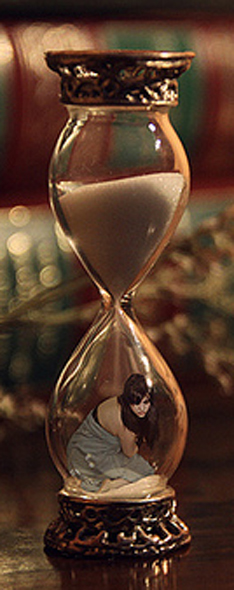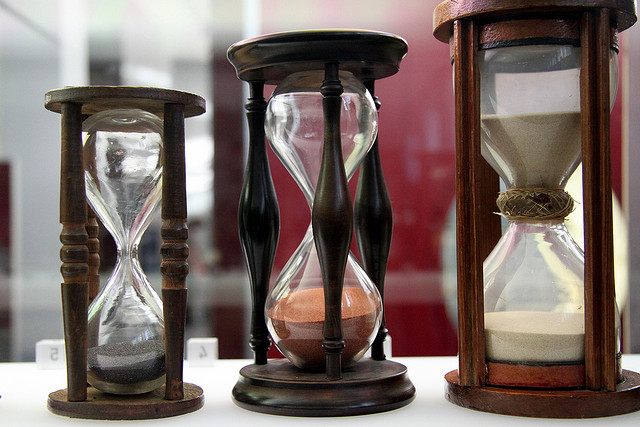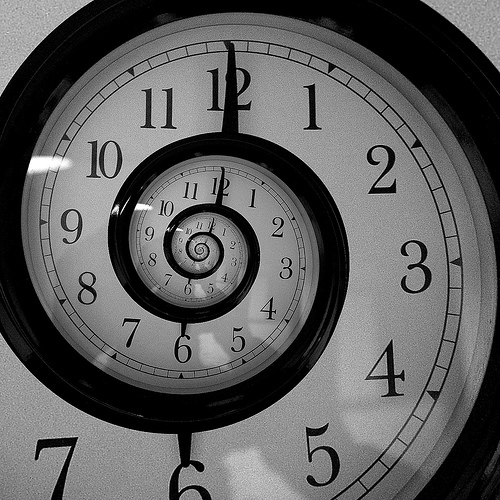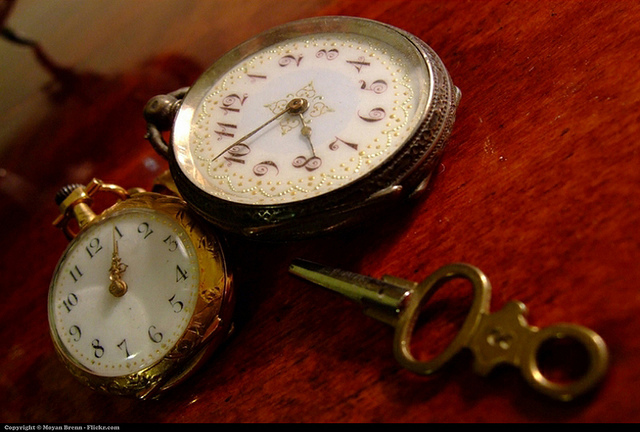“Whatever you want to do, do it now! There are only so many tomorrows.”
—Michael Landon, American actor, writer, director, and producer

Image from Twitter.com
If you were born today and knew you would live to be 82 years old, you would have approximately 30,000 tomorrows. That you are an adult reading this post means you probably have a fairly large number of yesterdays behind you.
Many of us get caught up in the daily flow of life where weekends and vacations become the primary times we do more of what we want to do. Doing the things we love each and every day of the week, including our vocations, enriches our lives and the world even more, bringing a new level of growth and satisfaction to all of our “tomorrows.”
EXERCISE:
Create a mini professional and personal bucket list just for this week or this month. Take Michael Landon’s coaching and get started immediately.
Feel free to comment on this post or email me with the actions you are taking.







 When we are young, we believe that we have an unlimited amount of time. Who cares if we waste a day – a week – a month – a year?
When we are young, we believe that we have an unlimited amount of time. Who cares if we waste a day – a week – a month – a year?